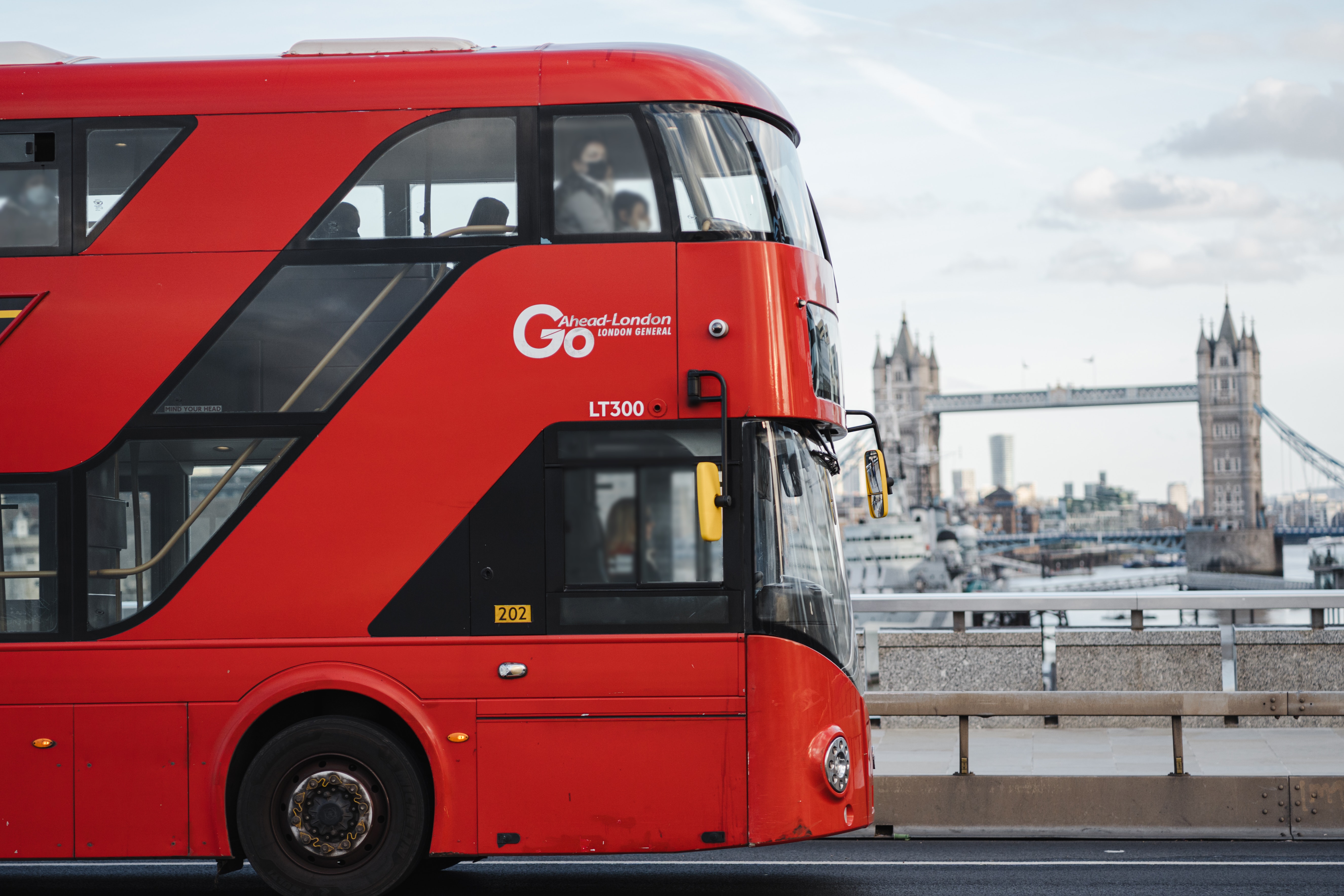Since 2016, the number of fully zero-emission bus routes has increased from 5 to 54, with a further 15 routes using a mixture of zero and low-emission buses.

The capital has just passed the significant milestone of 1000 zero-emission buses on routes throughout the city. This means that just over 1 in 9 buses are now green with the number of zero-emissions buses on London’s roads increasing by just over 3,000 per cent since 2016, amassing from a humble 30 vehicles to a fleet of 1,000 buses.
“Buses carry up to 80 times the number of people as a car, make efficient use of road space, and cut emissions by both taking polluting private vehicles off the roads and offering up a green alternative” says Louise Cheeseman, Director of Buses at TfL
TfL’s zero-emission bus fleet is the largest in Western Europe and has the lowest CO2 emissions per passenger kilometres compared to other global cities. Transport for London (TfL) states it is currently on track to transition to a fully zero-emission bus fleet by 2034 but, with continued Government investment, this target could be achieved by 2030. With these figures forecasted, TfL will save an estimated 4.8m tonnes of carbon by 2034.
Sean O’Shea, CEO, Metroline says: ‘The 1000th electric bus is a significant milestone in the decarbonisation of London and the bus network. Metroline is proud to operate more than 100 electric vehicles, across a number of routes, with more to follow, transporting tens of thousands of Londoners each day on zero emission vehicles. It has been a great team effort to get to this point, with three garages already electrified and a fourth to come, and it demonstrates our continued investment and commitment to leading the way for our customers and helping provide cleaner air for Londoners with our ever-growing fleet of all-electric, zero emissions buses.’
TFL points out that its investment into a zero-emission fleet has benefits beyond London, creating around 3,000 jobs throughout the UK in areas including Ballymena, Falkirk and Yorkshire. It also creates economies of scale which help lower the costs of funding zero-emissions buses for other local authorities.
Engineer training and apprenticeship programmes have had to adapt to equip technicians with the skills they need now, and for the future, as the technology evolves.
SOE has a number of CPD webinars on alternative fuel vehicles which can be accessed via the link below.
Webinar page
You can also find out more about the irtec Accreditation Scheme, including its Large Electric Vehicle: High Voltage Isolation, Reinstatement and Safety.
Irtec home page

